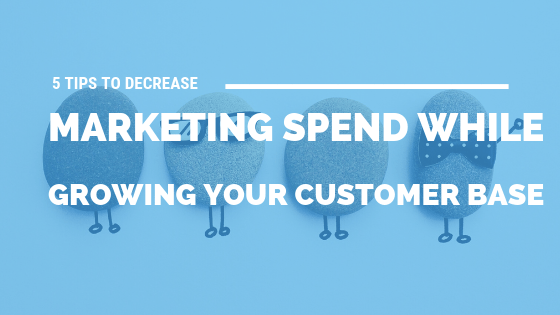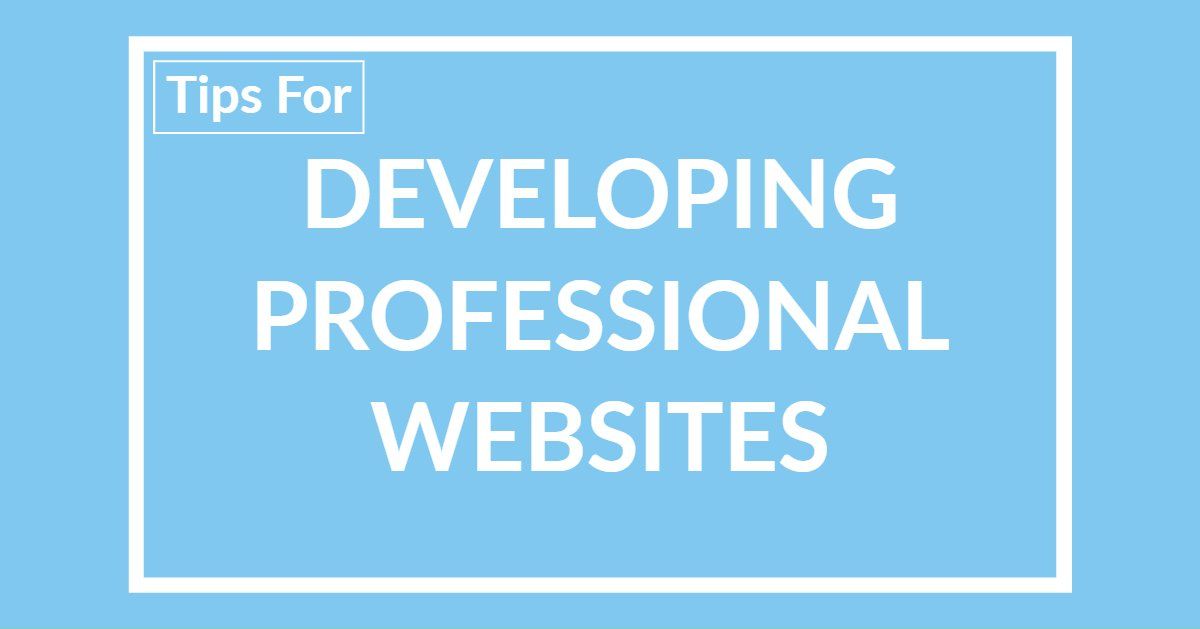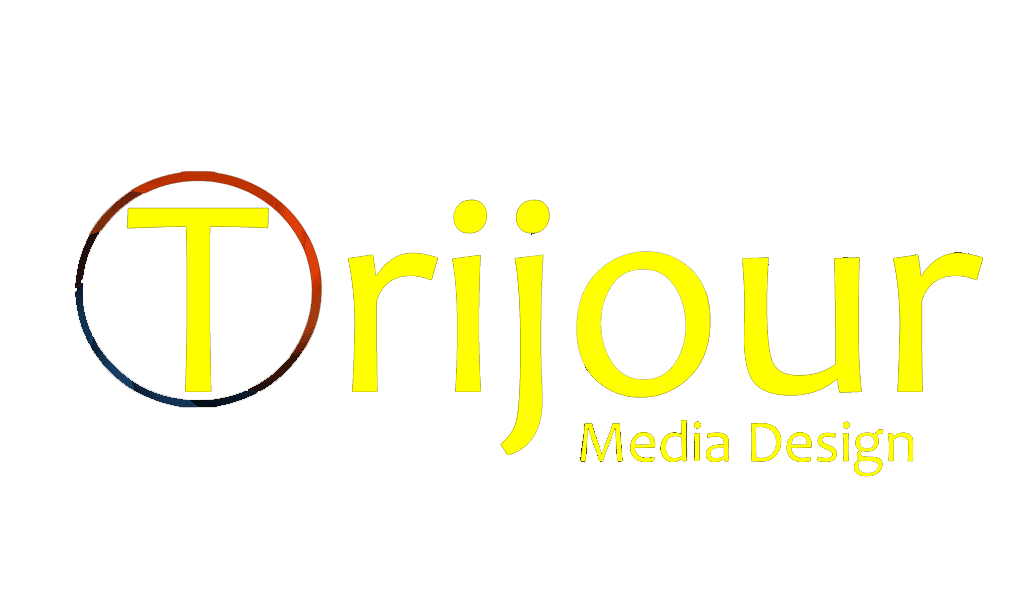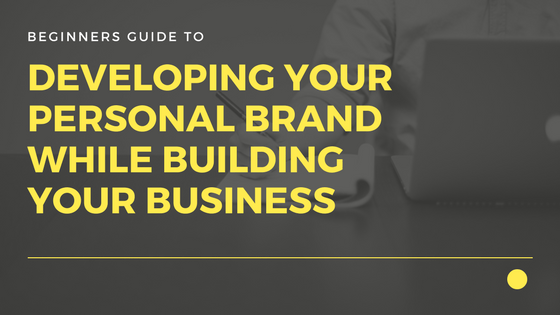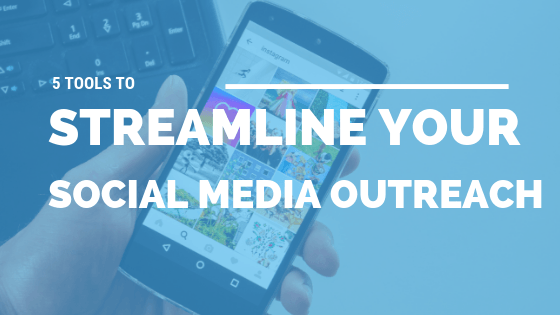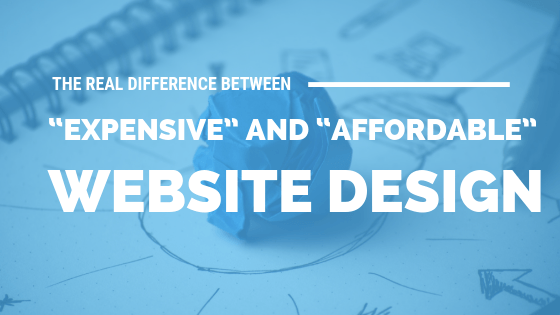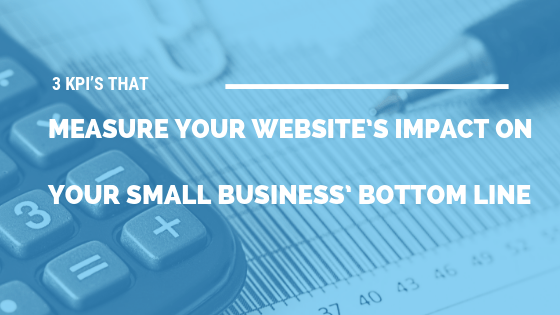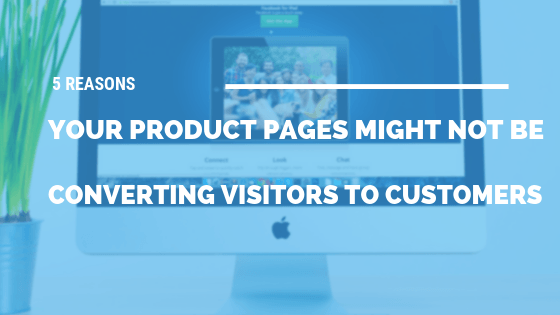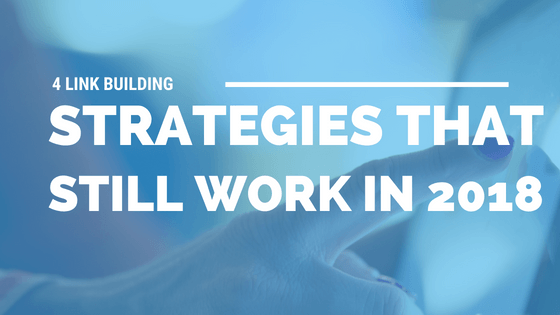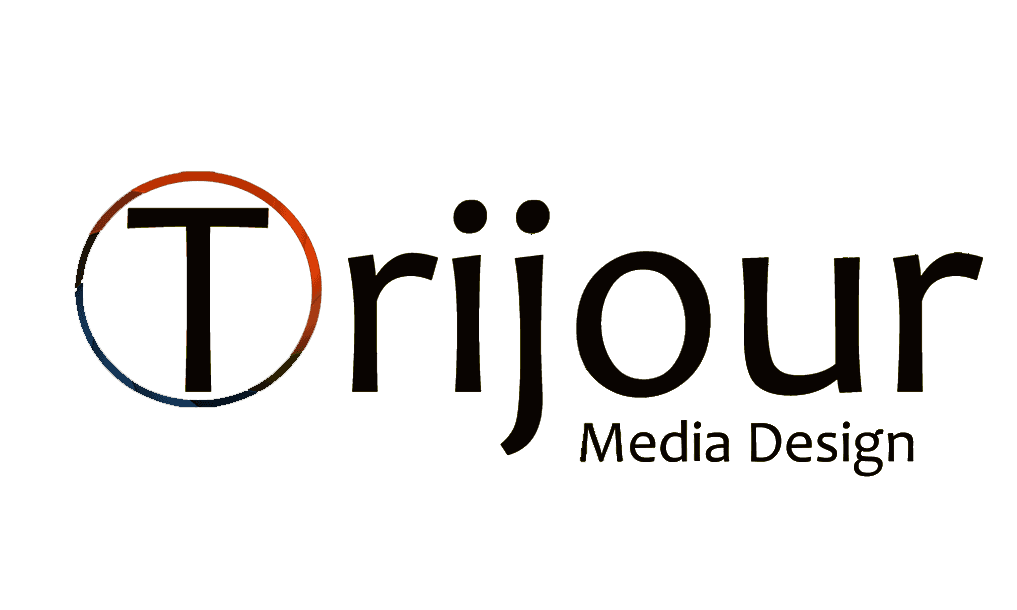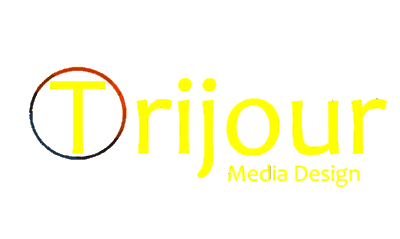The Beginner’s Guide to Developing Your Personal Brand While Building Your Business
The idea of a brand emerged during the Industrial
Revolution, as companies who were mass-producing products needed a way to sell
to consumers who previously only bought from people they knew locally. The
concept of branding evolved over time, and in the modern era, companies use
branding to distinguish themselves from others in the same markets, playing on
people’s concepts of loyalty and quality in order to sell more products. Today,
everyone needs a brand, especially small business owners. Even if your business
is one in which you exist in relative anonymity, you can benefit from
establishing positive associations between yourself and the quality products
and services your business offers. Read on to learn about how you can amplify
and shape your own personal image in the process of expanding your small
business.
Every Company Needs a Story
The narrative that exists around a business dramatically affects the way that people perceive it. Human beings intrinsically want to be a part of things, and if your company has a story to tell, people will feel invited to participate by consuming your products or services. The same is true of you as a person. Your unique narrative is something you have to offer to people who invest in you. Look at your story from an outsider’s perspective: what is the hook that will bring people in? What is it about you, and your path to your current entrepreneurial venture, that sets you apart? Once you understand that, you’ll have an idea of what elements of your brand you need to amplify.
Finding Your Audience
Having defined what makes you (and your company) unique, you can extrapolate from there to determine what types of people will be interested in you and what you’re offering. Consider what age range the people you’re selling to will generally fall in, and what gender identity they generally conform to. Are you marketing yourself to older women, or younger men? Don’t make the mistake of assuming your audience exactly resembles you; many businesses and brands have found success by marketing to people very different from themselves. Also, consider the education level and employment characteristics of your target audience. What type of language and discourse appeals to these people? If you’re closely targeting a specific audience, using jargon in your social media posts is a way to establish authority and build trust, but if you’re after a wider group, you’ll want to keep your language colloquial.
Finding Your Following
The sphere you exist professionally now overlaps with the one you inhabit personally, so if you have social media accounts with material that clashes with the image you’re now trying to convey, it’s best to set them to private and start fresh with rebranded accounts. Building a base of followers is more complicated than requesting every account you see; instead, seek out connections with people who are genuinely interested in what you have to offer. You can do this by following other people in your niche and seeing who they frequently interact with. You can also experiment with different types of content and see what generates the biggest response. Use programs that provide analytics on your social posts to methodically determine what content is garnering the most interest. It’s one thing to have a perfectly curated brand; it’s another to have an image that people actually want to tune in to.
Engaging with Your Environment
A major aspect of building a personal brand is directly interacting with your chosen milieu. It’s not enough to just post into the void; you’ve got to actually communicate with people. One quick shortcut for brand building is collaboration. Working on projects with other people lets you leverage their audience to build your own. This can be a great opportunity to build the profile of your business as well. Try reaching out to popular YouTubers in your niche to see if they’d be interested in recording a video featuring you and your product. This example illustrates an important concept for brand building as a small business owner: you want to be linked with your product in people’s minds. Creating content featuring you and your product is killing two birds with one stone; you build awareness of your product while also promoting your own brand.
A personal brand is an important asset, especially for a small business owner. Follow the steps above to develop your brand as your company expands.
